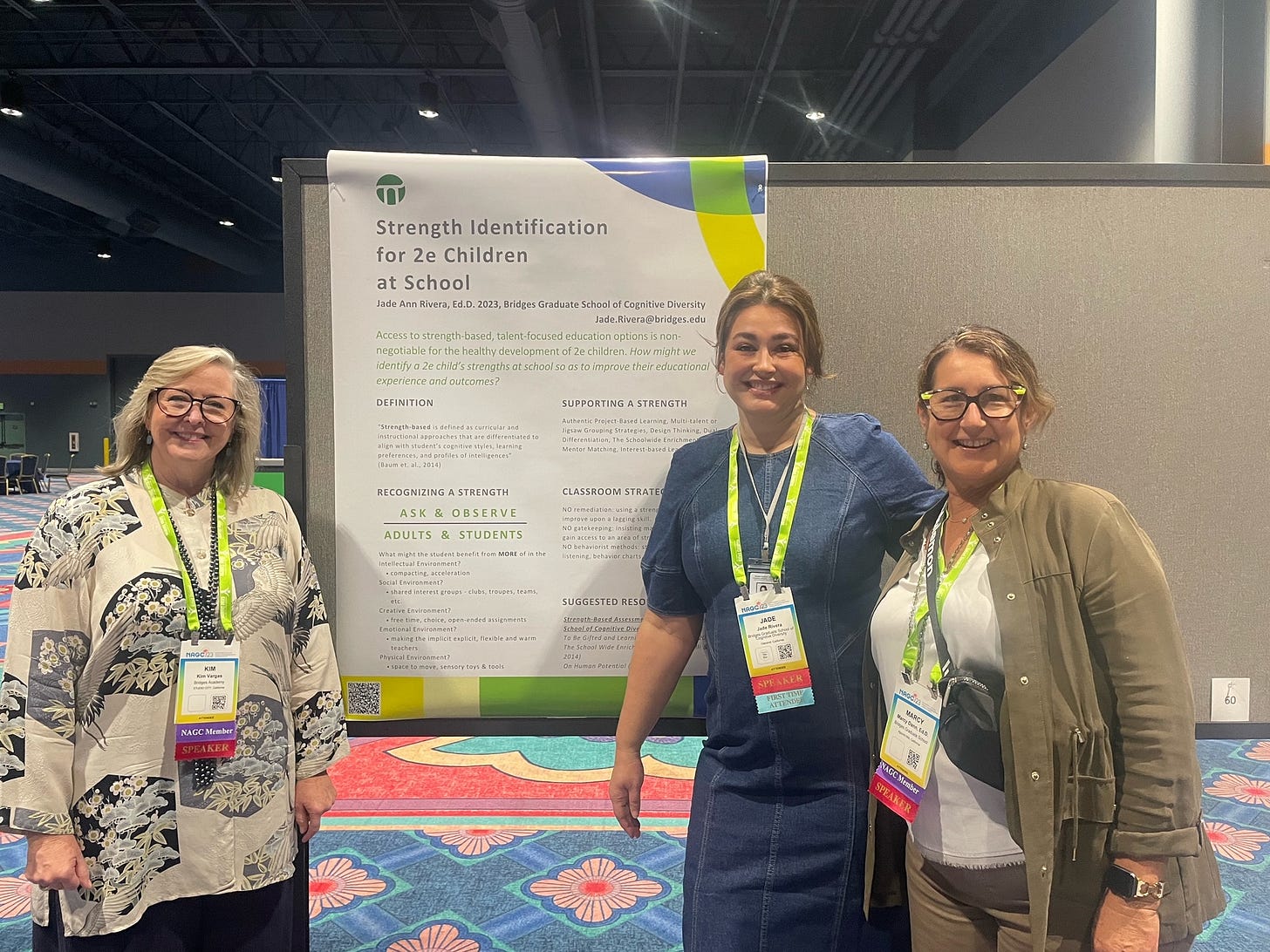January will mark my one-year anniversary here on Substack! So before I dive into my version of “Micro-Schools Wrapped,” I want to THANK YOU for being here. Seriously. Without you, this newsletter wouldn’t exist, or maybe it would just echo into the void—you and your support help make my work as a champion for micro-schools, cognitive diversity, equity, and liberation possible. So thank you <3
As the human experience of the world becomes increasingly complex, interconnected, and intense, I believe small, intentional, and compassionate education design and practices will continue to become more and more valued. How we respond to our local communities' needs, in real-time and through direct action, will decide what kind of a world we all will live in. This shift in responsiveness is vital to humanity’s future. As a construct and an essential piece of societal infrastructure, school is ground zero for change, with teachers on the frontline of culture-building. Educators wield a particular power that, when used for good, creates a ripple felt further than they can imagine. I can’t think of another professional class with more societal power than educators! Now, more than ever, it’s time to use it.
Over this past year, I’ve shared with you the power of micro-schools: how they’re an important piece of the puzzle when problem-solving issues of equity in education design. It’s my belief that humanistic, strength-based education design is the medicine an increasingly ill world needs to heal. The idea that some people are “wrong” and others are “right” fuels injustice at nearly every societal level. When we endeavor to see each other for our strengths, our differences become beautiful and vital. There is power in creating systems where everyone is seen for who they are.
Shifting to a humanistic, strength-based framework in education will ignite a fire for positive change. Change is hard, but suffering under an oppressive overculture that favors toxic ideals is harder. There’s an evidence-based precedent for making this shift: a long-forgotten review of research performed on over one hundred studies on humanistic programs in schools found, “The vast majority showed positive outcomes for the students who participated in the programs, especially in terms of enhanced self-esteem and academic achievement,” (Swisher, et. al.,1983). Beyond research, I’ve experienced firsthand the healing impact humanistic, strength-based education can have on an entire community—transforming students’ lives and those who love and know them.
NAGC 2024 with two of my dear friends and colleagues!
Looking ahead to 2024, my upcoming posts will delve into the nuanced landscape of educational assessments: their dubious roots and surprisingly positive power to shape the academic journey of neurodivergent children. I'll also share more on the ideals held in culturally responsive teaching, a transformative force that acknowledges and celebrates a mosaic of minds. As always, I’ll continue to build upon theories of design and how educators can adopt a design mindset as a powerful tool for building and sustaining a culture of bravery and belonging inside and outside the classroom.
Wishing you and your loved ones a safe and joyful start to the new year, and I look forward to seeing you again in 2024.
Warmly,
Jade
References
Swisher, J. D., Vicary, J. R., & Nadennichek, P. (1983). Humanistic education: A review of research. The Journal of Humanistic Education and Development, 22(1), 8–15. https://doi.org/10.1002/j.2164-4683.1983.tb00232.x




